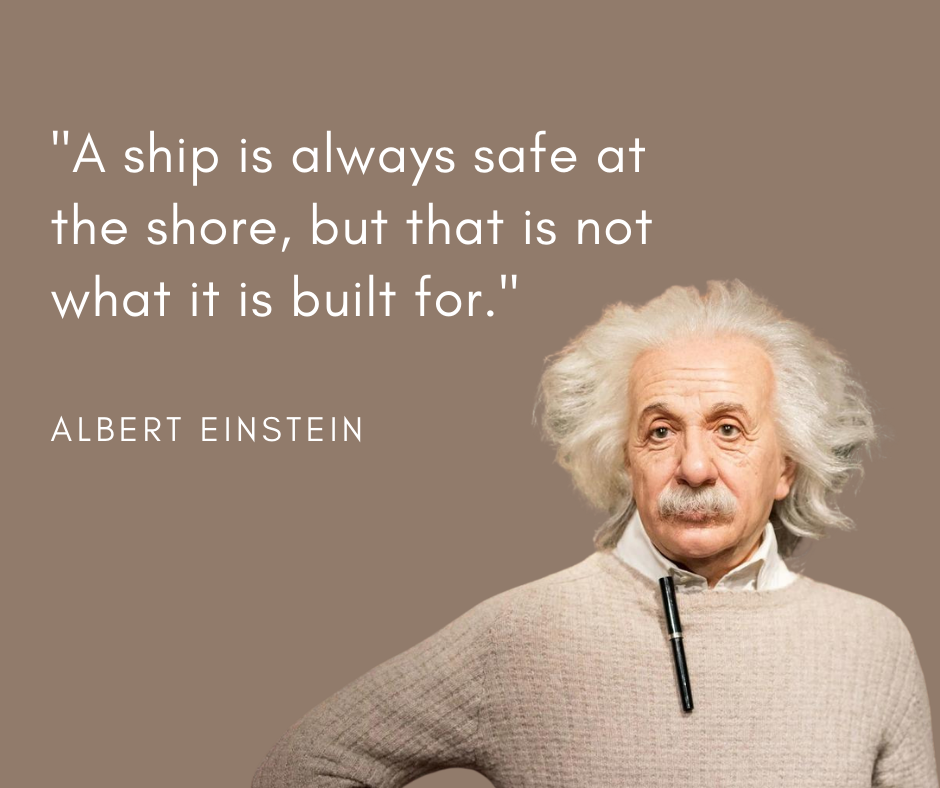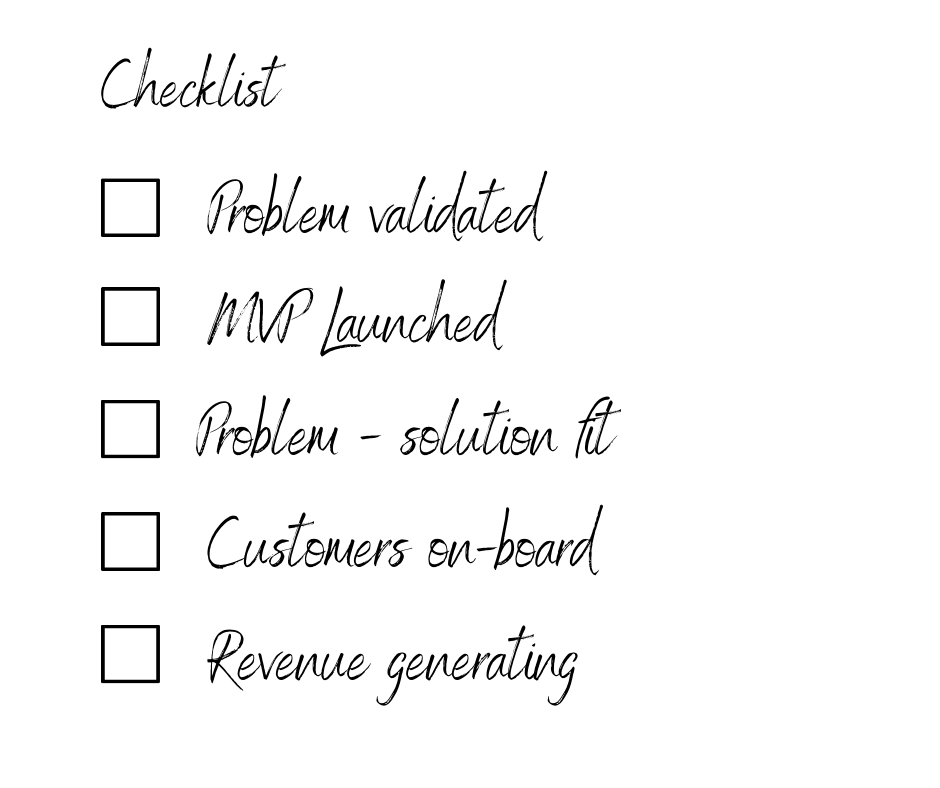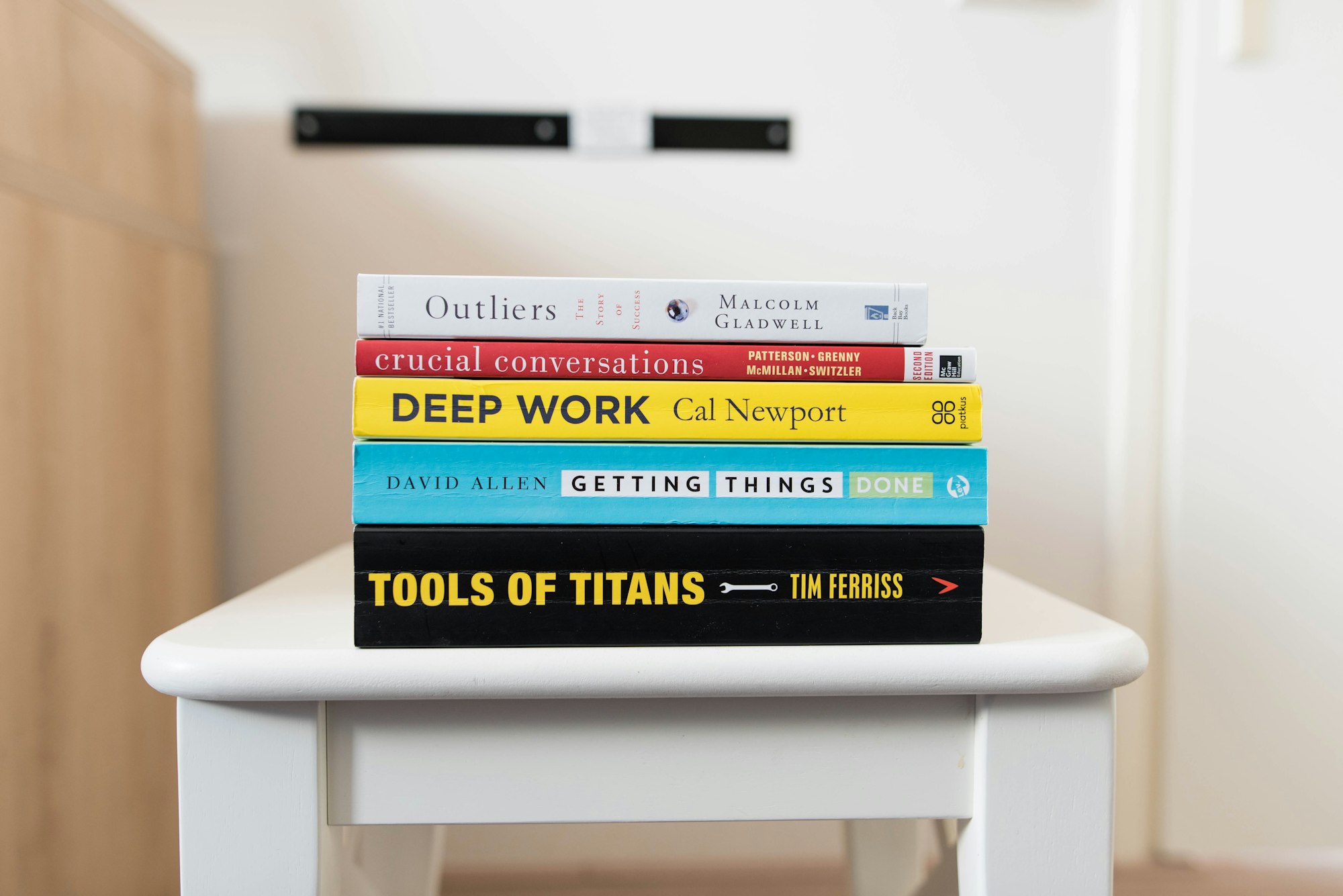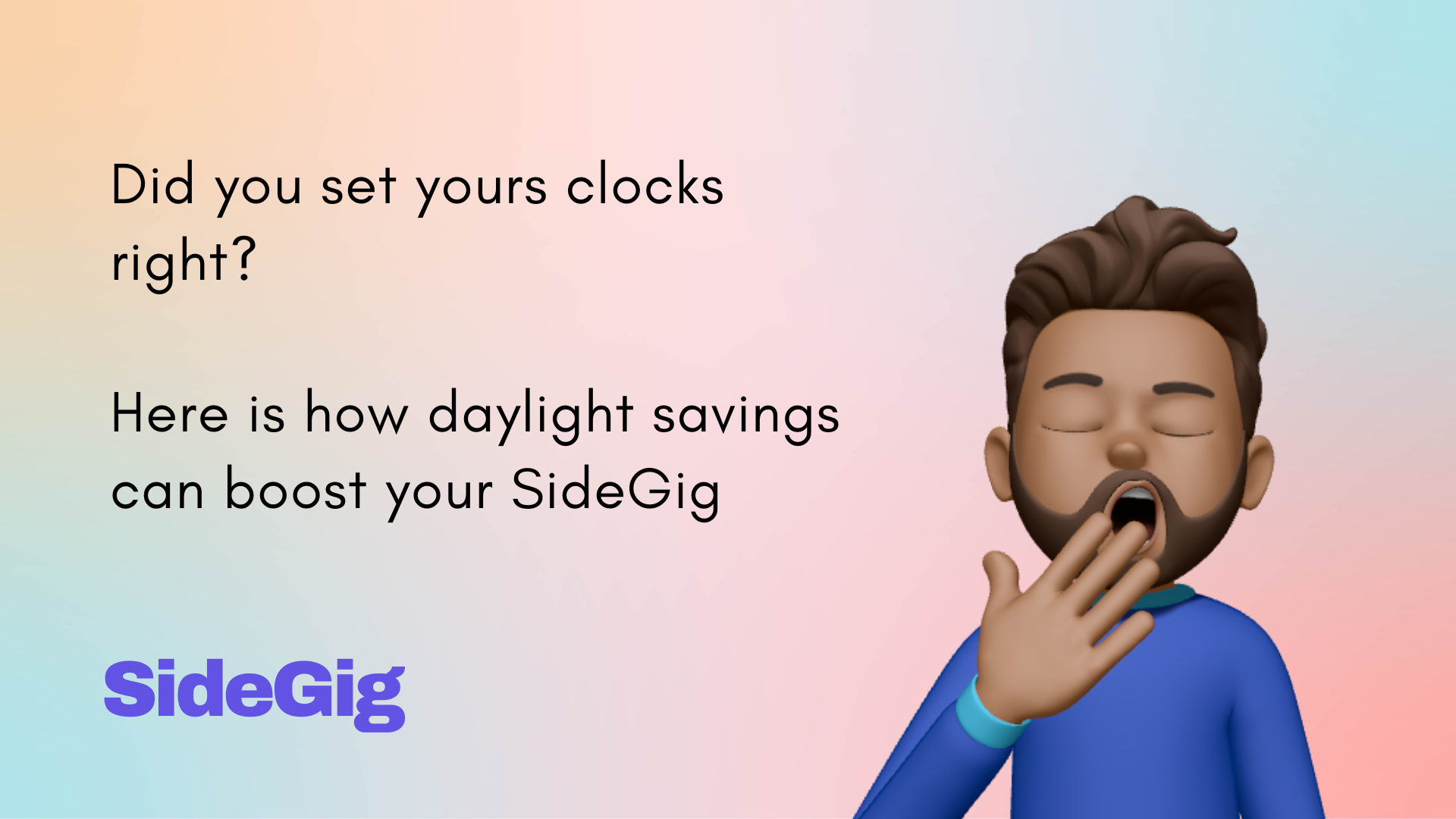Five things you should do before going full-time on your startup
Thinking about leaving your regular job and get into startups? 5 things you should do before going full-time on startup. Seek validation, plan for emergency runway, re-align expectation, Build your team and become more productive

I come from a middle-income earning household, and none of my family relatives or friends is millionaires. I am supported by a young family with two toddlers and hence jumping into a startup and taking the plunge is extremely risky.
Starting my business is one of the hardest decision I had to take, considering that I will take my entire family on an uncertain path and lots of hustle.
I decided to leave my secure 6-figure salary to follow my passion for solving problems through my entrepreneurial journey. But before I decided to fall off the cliff, I did the following to gain more confidence and fall back position.
This is one of my ❤️ quotes.

Seek validation
I have come across founders who think on the second day of starting their startup; they are already thinking about leaving their regular job and going all-in with the startup.
I appreciate the tenacity, but in my opinion, this move is considered risky. The startup's goal is to test the hypothesis on the problem and seek validation on their solution. Founders should focus on working hard in testing and collecting sufficient evidence to convince of a business opportunity.
The ideal scenario would be your MVP is launched, you have got customers and already generating revenue.

Plan for 3 or 6-month runway
In most cases, you may not be able to earn income from the startup at the early stages, and often founders re-invest the revenue back into the business.
Also, some startups (like a hardware product) take time to earn the first dollar, and you would need to build a runway to cover your expenses while you are on the path to revenue.

In my case, I saved a percentage of my income (from my full-time job) towards a safe 6-month runway fund. This fund essentially would cover all our living experiences and keep my family safe with food on the table. My recommendation would be at least 3 months worth of living expenses to be saved.
💡 Tip: Create a new bank account and auto-transfer money (start with a small contribution) every month. Soon you will have the runway you need.
Re-align your persona
Building an innovative product is different to running a startup.

This is not how it looks in the real world when you are starting your business
The startup founder's journey is unique, lonely, challenging, and it consumes a lot mentally and physically. It is essential to assess and re-align your expectation before starting your business.
In the early days, you are going to be all by yourself building the startup. You will be the all-rounder player doing product development, marketing, content writing, finance and customer service.
Train your mind to be antifragile, resilient, patient, disciplined and focussed to unleash the entrepreneur in you.
💡 Tip: Attend networking events, talk to other founders, listen to podcasts (Founders Lane), connect with mentors and read the story behind inspiring founders.
Build your team
This is a hard step to cross but an essential one. Your team is critical in building a successful startup.
Just sitting behind the desk and building a product doesn't make your startup excellent.
I made this mistake in my earlier startup, and though I successfully built a product, I failed to create a sustainable business. This is mainly because I didn't have the right team behind the vision.
Great people make great companies
In the early days, invest time and effort to connect and network to build your core team. It is also important to consider getting a co-founder that complements your skills set and who you can trust to build a long-term relationship.
💡 Tip: Attend networking events, connect with your friends and talk about your startup idea. Go on a date before jumping into a relationship.
Become more productive
Handling a full-time job, family and startup are more than a handful, but it is possible. You need to improve your productivity, become efficient and smarter on how you work and manage time.
Read this blog on how to increase your productivity.

Founders are prone to hustle and quite often victims of stress and health issues. One way to avoid falling into this trap is to build an efficient system around your life and learn to spend your time better.
Free resource - Find the best productivity strategy for you with a side-by-side comparison of top frameworks- click this link.
While the above five things would help you better prepare for a full-time gig in the startup world, there is never a right time to do the right thing. Listen to your heart and channel your thoughts before proceeding to the next step in your startup journey.
'Successful founders are not who doesn't take risk instead those who can manage risk better.'
If you are an early-stage founder eager to take the next step, please share how you are getting ready? Or if you have any burning questions or challenge?
SideGig Newsletter
Join the newsletter to receive the latest updates in your inbox.




